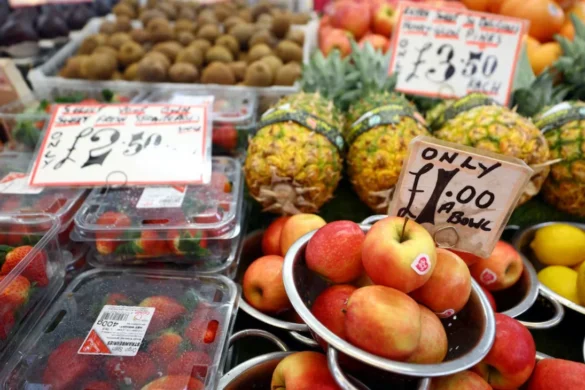 |
| Visegrad Group member nations’ PMs, Hungary’s Orban, Poland’s Szydlo and Slovakia’s Fico, attend a news conference during a summit in Warsaw |
Poland, the Czech Republic, Slovakia and Hungary urged the European Union on Thursday to boost the role of national parliaments under a planned overhaul of the bloc’s decision-making process.
In a joint statement ahead of the EU’s summit in Rome on Europe’s future, the prime ministers of the four central and eastern European Visegrad Group countries also called for EU unity and equality.
It said a “more significant and definite role” should be considered for national parliaments to “enhance legitimacy of the EU decision-making process”.
Under one of five scenarios outlined by European Commission President Jean-Claude Juncker, some states would integrate faster than others. Some governments, especially in the poorer east, fear that could entrench divisions to their disadvantage.
Poland’s Prime Minister Beata Szydlo said changes in the EU should not lead to “permanent cracks”.
“Not ‘more or less Europe’, but a better Europe – this is the proposal of the Visegrad Group,” she told a news conference after the prime ministers’ meeting.
She called on European Council President Donald Tusk, former prime minister of Poland and a political foe of its current ruling Law and Justice (PiS) party, to ensure that EU reforms are agreed before the Rome summit on March 25.
Slovakia’s Prime Minister Robert Fico said the state of preparations for the summit was “lamentable”.
“It may happen that it will not be a vision of Europe for the future but a collection of individual, national interests which cannot help anyone today but can only do harm,” he told the news conference.
The Visegrad leaders failed to come up with a common stance on whether to support Tusk in his bid for reappointment as the Council’s chief next week. Poland said on Tuesday it would oppose it.
“There is no common stance as far as the Visegrad Group countries are concerned,” Czech Prime Minister Bohuslav Sobotka said at the news conference.
The group agreed to prod Brussels to end “double standards” in food. Some firms use cheaper ingredients in food brands sold in Eastern Europe than in the West.
Fico said if the European Commision did not act, Slovakia might trigger a public petition, which under EU law would force it to draft legislation.



